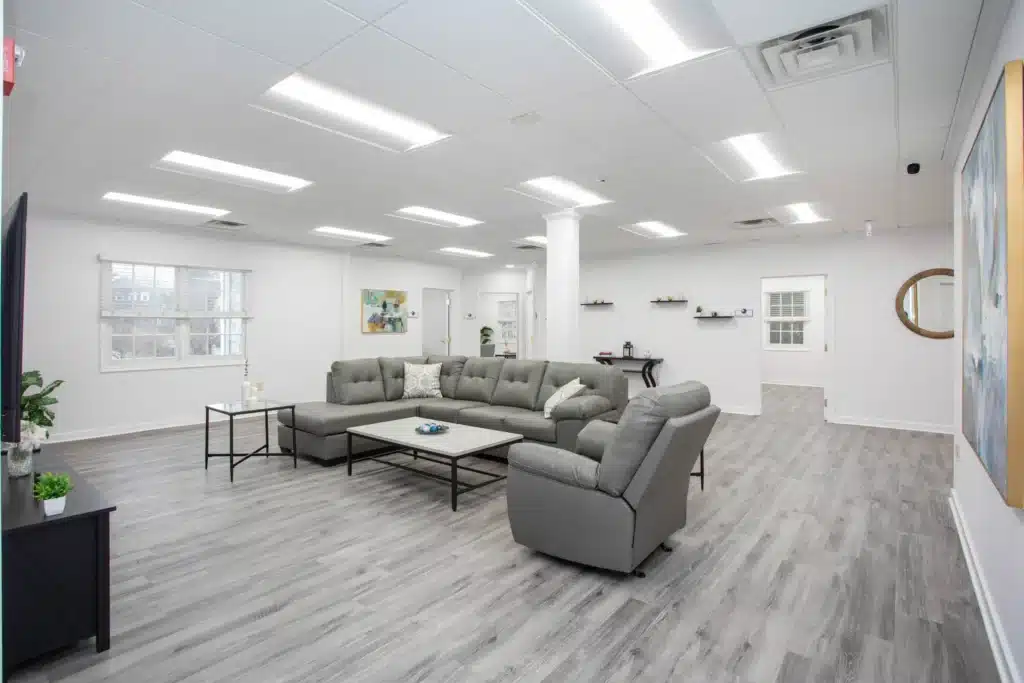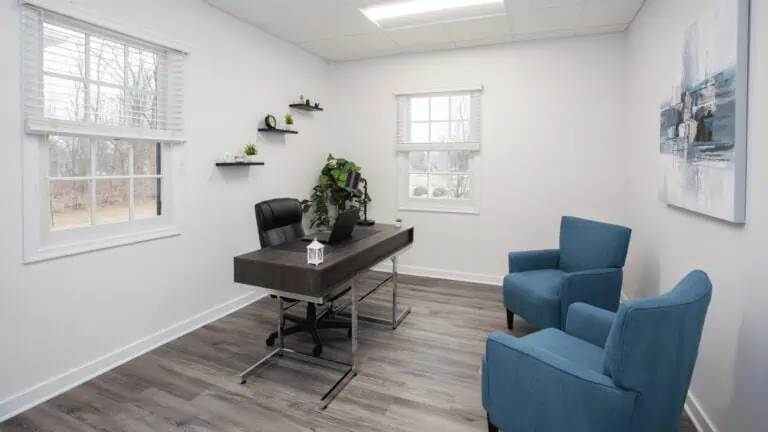The Link Between Mental Health and Drug & Alcohol Rehab Admissions
The Link Between Mental Health and Drug & Alcohol Rehab Admissions
Blog Article
The Alarming Rise in Drug Abuse and The Need for Effective Treatment
Rehabilitation programs tend to be regarded as an essential step toward healing from alchol rehab. However, testing the achievement of those applications involves analyzing a range of facets, including the methods applied, the definition of "success," and follow-up duration. To highlight that, let's breakdown some key statistics regarding rehabilitation accomplishment prices to raised realize the landscape of recovery.

Crucial Statistics on Rehabilitation Performance
The effectiveness of medicine and liquor rehabilitation applications can differ on the basis of the kind of plan, specific circumstances, and the ingredients involved. Here are some significant findings:
Residential Therapy Programs
Studies indicate that residential or inpatient treatment applications usually report larger achievement charges because of the structured environments. Studies from the National Institute on Drug Punishment (NIDA) reveal that approximately 40-60% of people who complete a residential alchohol rehab program prevent relapse. This deviation shows the difficulty of addiction recovery, as individual resilience and post-rehab help also enjoy vital roles.
Outpatient Therapy Programs
Outpatient applications are another common kind of rehabilitation, created for individuals who might not involve an extensive, around-the-clock approach. These programs report accomplishment costs ranging between 35-50%, depending on the degree of engagement and additional help presented to patients. While outpatient therapy presents mobility, the lack of an immersive environment can sometimes lead to interruptions, impacting success rates.
Success by Substance Type
The success charges of therapy applications also differ on the basis of the primary substance of addiction. Like:
• Alcohol rehabilitation programs usually achieve around 33% long-term abstinence, based on a written report by the National Institute on Liquor Punishment and Alcoholism (NIAAA).
• Healing prices for opioid habit are generally decrease, with successful completion which range from 20-30% as a result of extremely addictive character of opioids.
• Stimulant habit treatment usually considers achievement charges of approximately 25-35%, displaying the difficulties special to this category of substances.
Counseling and Behavioral Treatments
The utilization of counseling and behavioral therapies significantly escalates the likelihood of long-term recovery. Cognitive-behavioral treatment (CBT), as an example, has been revealed to improve abstinence costs by around 30% when along with other therapies like medicines or class therapy.
Facets Affecting Treatment Achievement Rates
Many factors influence the noted effectiveness of rehabilitation programs, including:
• Duration of Treatment: The NIDA features that therapy lasting at the least 90 times has considerably larger success charges compared to smaller programs.
• Aftercare Support: Individuals with use of constant support organizations or follow-up counseling are more prone to support recovery.
• Particular Responsibility: The willingness and determination of an individual starting therapy are important components that influence outcomes.
The Importance of Extended Monitoring

It is very important to note that measuring success in dependency recovery isn't straightforward. Accomplishment is frequently described differently across studies—for some, it's total abstinence from substances, while others consider marked savings being used as a win. Additionally, relapse doesn't necessarily equal failure but is an estimated stage on the road to maintained recovery.
Knowledge these statistics sheds gentle on the critical position of rehabs in nj, plan structure, and aftercare. While achievement prices range, these applications give a base for people seeking a life free from substance dependence. Report this page